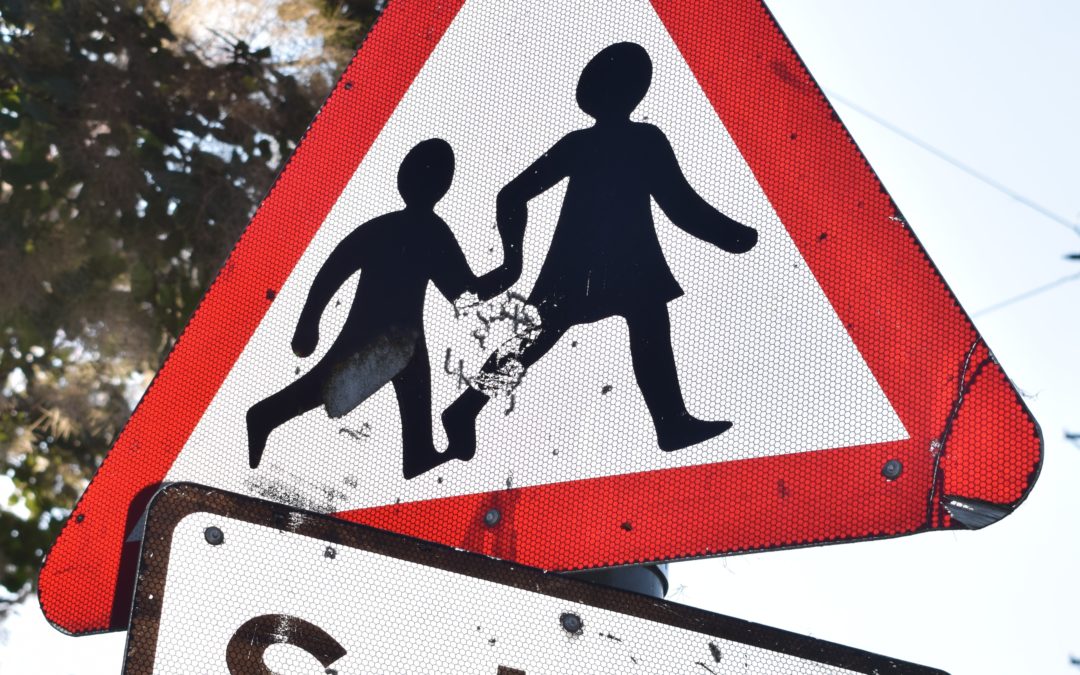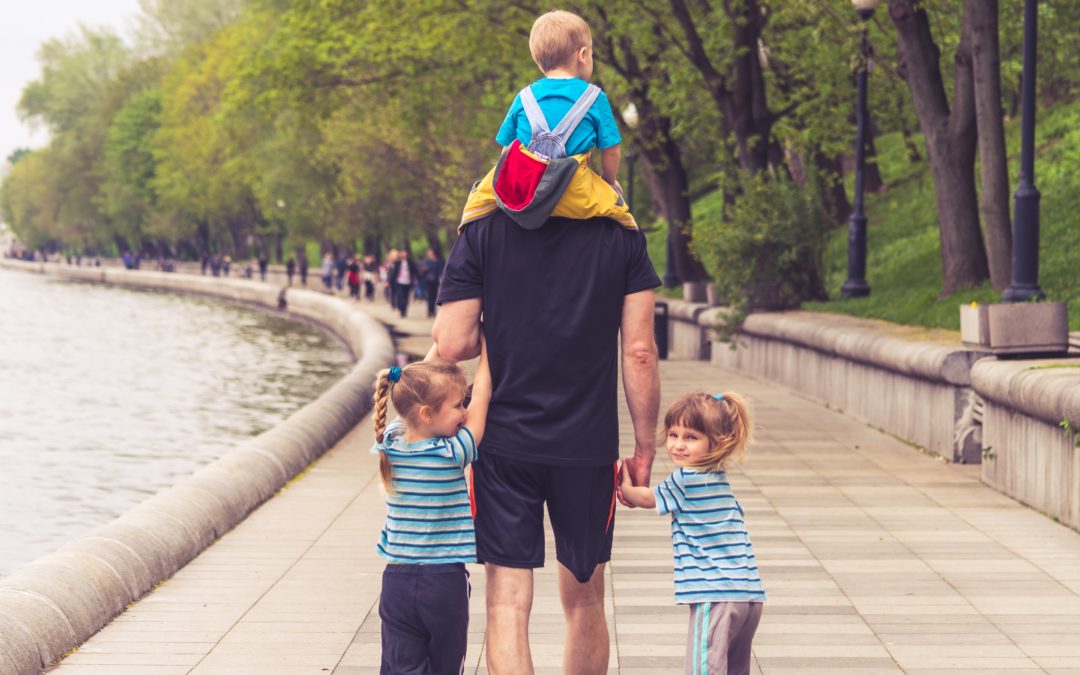4-year-olds have regressed eight months during UK lockdowns.
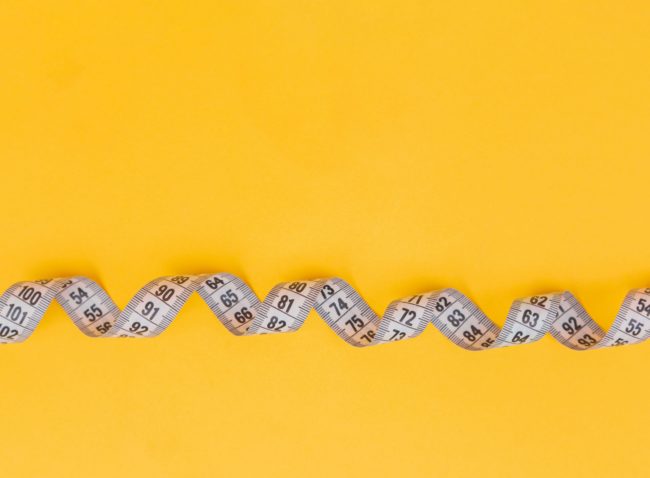
Who would have believed we could survive a year with…
No school.
No clubs.
No childcare.
No grandparents.
Not even a poxy toddler group to give me much needed backup.
I have spent sleepless nights worrying about what impact this year’s mess of home-working, remote schooling and social distancing has had on my young children. Are they developing ok? Where should they be? Have they ‘lost learning’? Do they need to catch up? This study, from Arc Pathway, an online screening platform for children under six reveals the impact lockdown has had on children’s development and crucially explains what I can do right now to support my child. If you are struggling with tantrums or behaviour problems then read on for their top tips.
Ofsted’s view
Back in November 2020, Ofsted looked at the impact of lockdown on UK preschool children. They noted that the pandemic ‘had significantly impacted the learning and development’ of children who had been home during lockdown. They identified some regression in independence, toileting, and an impact on personal social and emotional development.
Arc Pathway’s data allows them to take a closer look and pin point where children have regressed, i.e. aren’t at the same level as we would have expected from the same age child last year.
Let’s take a look at 3-year-olds first…
Three-year-olds regressed significantly in many key areas including attachment, eating, toilet training, gross motor skills and imagination.
| Area of learning | Mean development age February 2020 | Mean development age September 2020 | Regression in months |
| Attachment | 45.0 | 43.0 | 2 |
| Eating | 45.2 | 42.3 | 2.9 |
| Toileting | 46.6 | 44.2 | 2.4 |
| Gross motor skills | 43.6 | 40.6 | 3 |
| Imagination | 42.8 | 40.5 | 2.3 |
If you can see your child needs support in any of these key areas read on for ideas.
Attachment: Post-lockdown, is your child more cautious around other trusted adults?
Attachment is how children learn to trust and respond positively to adults. A regression in this area would indicate that lockdown had impacted three year old’s ability to make and establish loving and trusting attachments with key people outside their families.
Action
You can get to work on this straight away! Meet often with extended family and friends. Children need to be with other people, and other children!
Self-help Skills: Is dinner-time a disaster in your house?
Having a focus on self help skills such as toileting and eating may not be possible in a busy family life during the pandemic, particularly if parents are working.
Action
Encourage eating by ensuring that meals are enjoyable, delicious and sociable!
Encourage toileting by involving your child in all the steps, such as washing hands and pulling up trousers. Taking part in the whole procedure speeds up the understanding of toileting.
Physical Skills: running and jumping
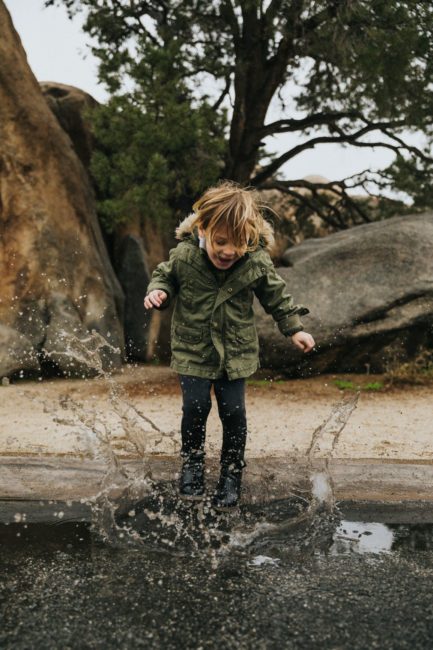
Amongst physical skills, it was running and jumping that significantly regressed. Such simple skills! But during lockdown many children did not have the opportunities to get outside enough to develop these key movement skills in playgrounds or parks.
Action
Get outside every day with your child and walk, run, cycle or climb! We cannot emphasise enough how important it is that young children are physically active every day.
Imagination: How does your child play?
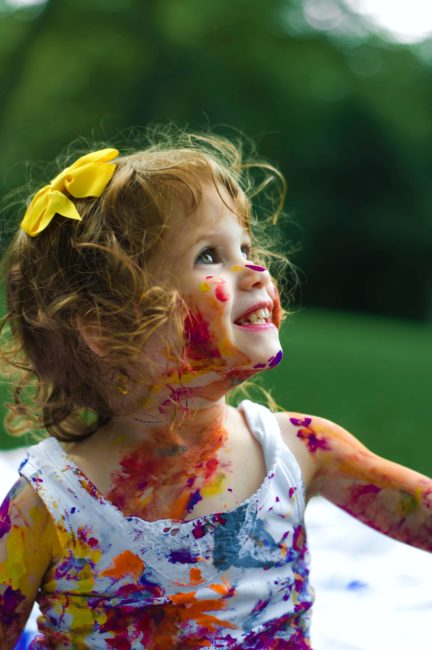
Children act out scenarios that are familiar to them. If ‘scenarios’ are limited because of a world pandemic, then children’s imagination may suffer. It makes sound sense that three year olds regressed most in this area as this is typically the age when children begin to play imaginatively together. If they don’t have the opportunity to play in this way, imagination is negatively affected.
Action
Play imaginary games with your child. The scenarios that you create do not have to be glamorous or ‘Instagram influencer’ in design. Make a play kitchen out of old pots and pans. Make a garage out of an old cardboard box. Join in the fun!
Now let’s think about the 4-year olds
The 4-year-olds responded differently, but in two key areas their regression was far more significant.
| Area of learning | Mean development age February 2020 | Mean development age September 2020 | Regression in months |
| Self awareness | 48.4 | 40.0 | 8.4 |
| Understanding People, Culture, Communities | 51.4 | 45.2 | 6.2 |
Self-Awareness: How does your child show their feelings?
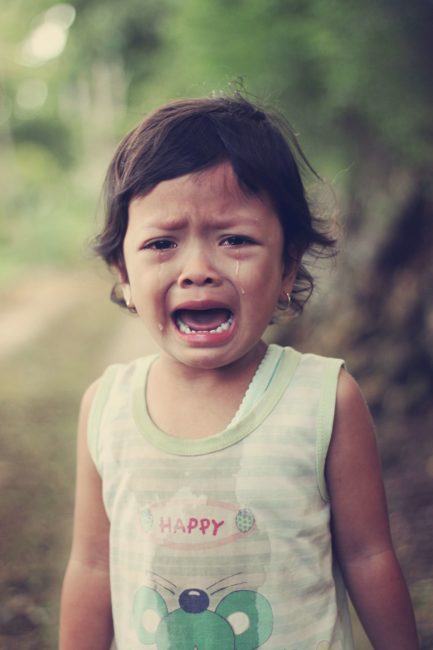
The substantial regression in this area of learning is of of huge concern. Self awareness is the ability to understand one’s own feelings and actions, strengths and weakness, likes and dislikes and comes part and parcel with self-regulation. With panic and anxiety rife during the pandemic, it is not surprising that children’s self awareness has been negatively affected. Now is the time to support this crucial skill.
Action
Talk regularly with your children about feelings. Accept ALL your child’s feelings, however loud and inconvenient they may be. Label them. Support your child by helping them regulate and calm down after emotional episodes.
Talk about likes and dislikes/what you both look like. While this may seem insignificant, you are building your child’s understanding of who they perceive themselves to be. “I like bananas.” “You’ve got red hair.”
Talk about where you go/what your child is good at. “We went to the park.” “You rode your bike all the way round!”
Be assured that you are building up your child’s self awareness with every conversation.
Understanding of people, culture and communities
This is where children learn the social norms and attitudes that will influence their future thoughts and behaviours towards other people – for life! If children are not mixing with other people and children, this vital skill cannot grow so effectively.
Action
Get out into the community with your child as much as you can! Talk about it, spend time in it, and celebrate it. Being with people, talking with them and then remembering those times builds up this precious skill.
Final Thoughts
While we were all in the same storm during lockdown, we certainly weren’t all in the same boat. Whatever your situation, we encourage you to find a new starting point with your child. When young children are given support at the right time in the right places, miracles happen. Start with small steps and enjoy every one.
Be assured that you are doing a wonderful job.
About the Author
Thanks to Arc Pathway for sharing their data-driven insight with us at Dad.info.




